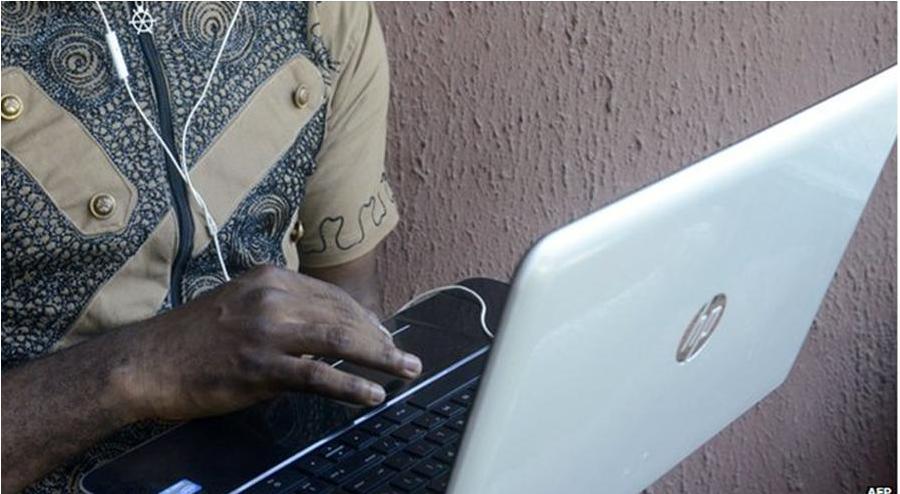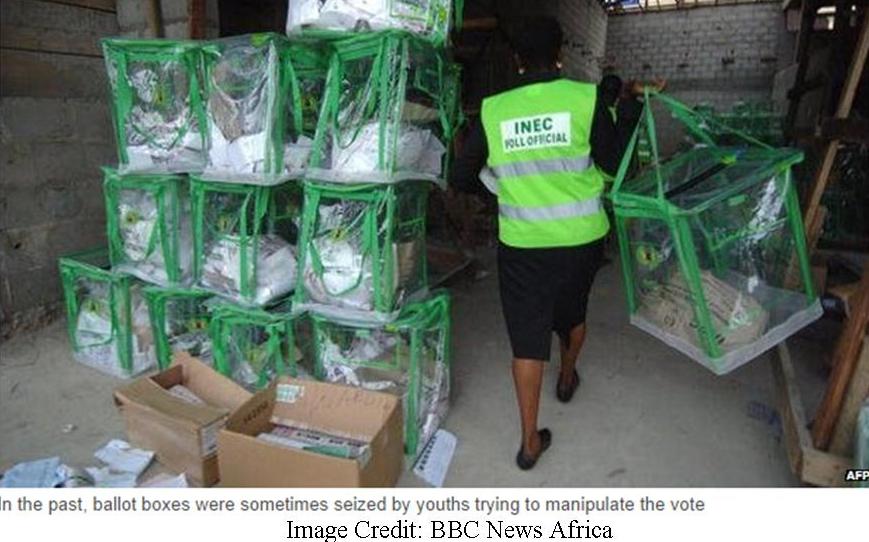Politicians Using Online Platforms for Public Opinion Rigging and Distortion
There is an old saying that goes, “the idle mind is the devil’s workshop.” This saying could not be more befitting than when describing the Nigerian youths especially at this time when the country is gearing up to conduct the 2015 general elections.
As it has been described by African journalist, writer and novelist, Adaobi Tricia Nwaubani on BBC’s Letter from Africa; most of the elections held in Nigeria in the past decades have been characterized by thuggery.
Politics has often been referred to as a dirty game. To survive the political temperature a politician must learn how to navigate through the cut-throat game and master the art of getting his/her hands dirty without ever getting caught. The Nigerian political scene seems to be no exception.
Nigerian politicians are said to exploit the country’s pool of millions of jobless youths and recruit them in a propaganda campaign that will see them get voted into office. The job description for these youths varies from intimidating political opponents, seizing election ballot boxes to even clobbering the uncooperative electoral officials.
However, with the technology revolution sweeping across the African continent, the way of doing business (even bad businesses) have taken an all new cyber dimension.
Unlike the past, where dirty politicians would be arming their hired “army” with machetes, missiles and matches, they are now arming them with laptops, smartphones and internet connections. All the necessary hardware and software to take the game of dirty politics to the digital online-realm.
Dirty politicians running for office in the 2015 general elections are busy recruiting youths across the country. In order to storm the cyberspace and harass, intimidate and persecute their political opponents or any other party who holds a different view from theirs. For these “internet warriors” online political propaganda is a full-time job. With some working from the comfort of their homes and others from the office but for the majority, it is an around the clock job.
The BBC article features one 28-year-old chemistry graduate who now has a job to patrol the online war front on behalf of a popular Nigerian politician. Each morning he wakes up, dresses up like he’s going to work and takes about a 20-minute drive to their base of operations where he joins dozens of other youths all employed for the same cause.


There work is to bombard positive articles and new coverage about their politicians with praises and positive comments. While shotting down positive articles and news coverage on their employer’s political opponents with negative and condescending comments.
The chemistry graduate told BBC, “I, usually, use corruption and ethnicity to attack.”
Something interesting about these “internet warriors” is that they have no true allegiance to any politician, except to the politician who hires them and for the period during which they are hired. They can easily switch camp, from one politician to the next, if and when they see greener pastures somewhere else.
This particular internet warrior says there was a time he was working for the enemy’s camp, but he was not happy with the pay and working conditions. So he decamped to the opposition’s camp.
“They had promised us jobs, but when the time came, they offered all the positions to people from their constituency,” he said.
Another “internet warrior” says there are certain online platforms such as newspapers that block comments his team makes in support of their employer. While others allow only positive comments about a certain politician while blocking all negative comments made from a perceived enemy camp.
He says it all depends on whose payroll the online editor for the newspaper is being paid from.
Clearly there has been a paradigm shift of political thuggery from the traditional stealing of ballot boxes and bullying of electoral officials to a more cyber space political thuggery aimed at manipulating the country’s electoral climate. They are essentially rigging the public opinion.
For people depending on cyberspace to gauge issues touching on the Nigerian political climate and the forthcoming 2015 general elections, you may have a lot of surprises in store for you.
To read more on this story, follow this link.




